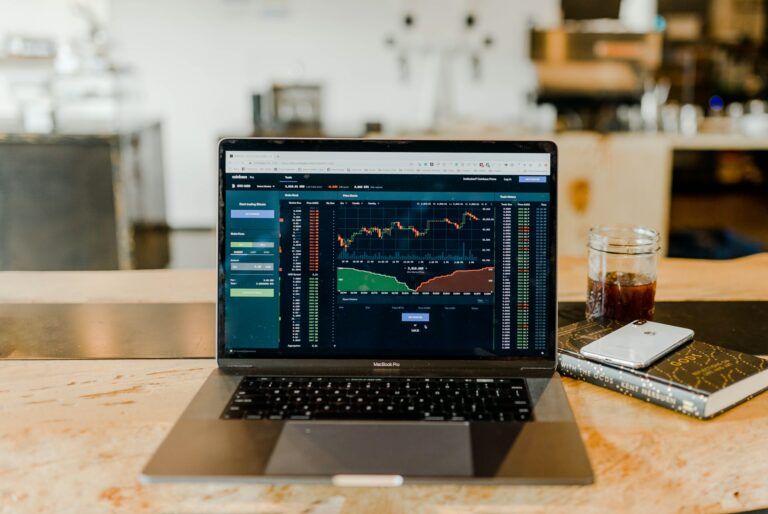Cryptocurrency derivatives volumes have soared to a new all-time high of $602 billion throughout the month of May, up 32% from April.
According to CryptoCompare’s May 2020 Exchange Review, cryptocurrency derivatives are gaining market share, as total spot volumes increased 5% to $1.27 trillion in May, which means derivatives represented 32% of the market, compared to 27% in April.
Most of the trading in derivatives came in leading exchanges in the space: BitMEX, Binance, OKEx, and Huobi. The largest exchange by derivatives trading volume e was Huobi, trading $176 billion last month after seeing volumes rise 29% in April.
 Source: CryptoCompare
Source: CryptoCompare
The runner-up was OKEx, which traded a total of $156 billion worth of crypto derivatives, and was followed by Binance with $139 billion. Comparing the data with CryptoCompare’s April 2020 Exchange Review shows that OKEx saw its derivatives trading volume increase significantly from April, as then it traded $113 billion.
CryptoCompare’s March 2020 Exchange Review, on the other hand, shows OKEx topped the derivatives market that month, with a total trading volume of $161 billion. March was notably the month in which the crypto market endured a crash that saw the price of bitcoin nearly halve in less than a day, which has since been dubbed ‘Black Thursday’.
As CryptoGlobe reported, OKEx has been building up its derivatives portfolio, adding ETH/USD options earlier this week. In an announcement, the cryptocurrency exchange revealed it was donating 1,000 Eth, worth over $240,000, to its ETH/USD Options insurance fund, in a bid to minimize clawback risk.
OKEx CEO Jay Hao commented on the new offering, saying:
The launch of the ETH/USD options provides our users with more trading tools to fulfill their needs of executing different trading strategies. Based on the success of the OKEx BTC/USD options, we are confident to bring users a better options trading experience.
Hao added OKEx is set to launch EOS/USD options contracts in the near future. Options are derivatives based on the price of the underlying asset. Options contracts offer the buyer and options to buy or sell the underlying asset, depending on the type of contract their purchase. They differ from futures as if the holder is not required to buy or sell the asset if they choose not to.
Featured image by Austin Distel on Unsplash.









